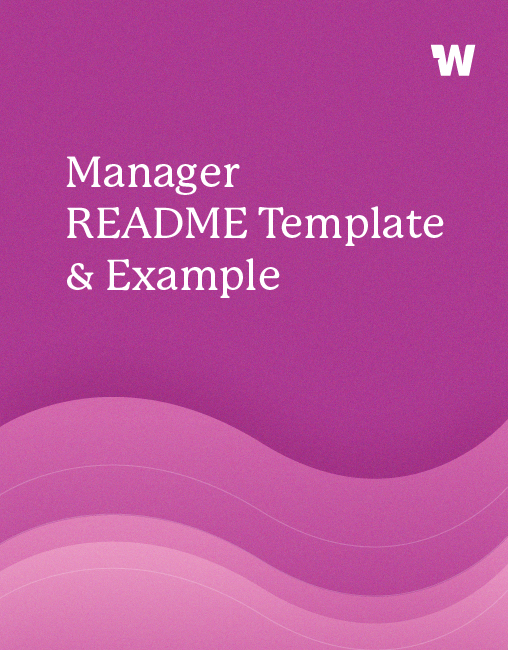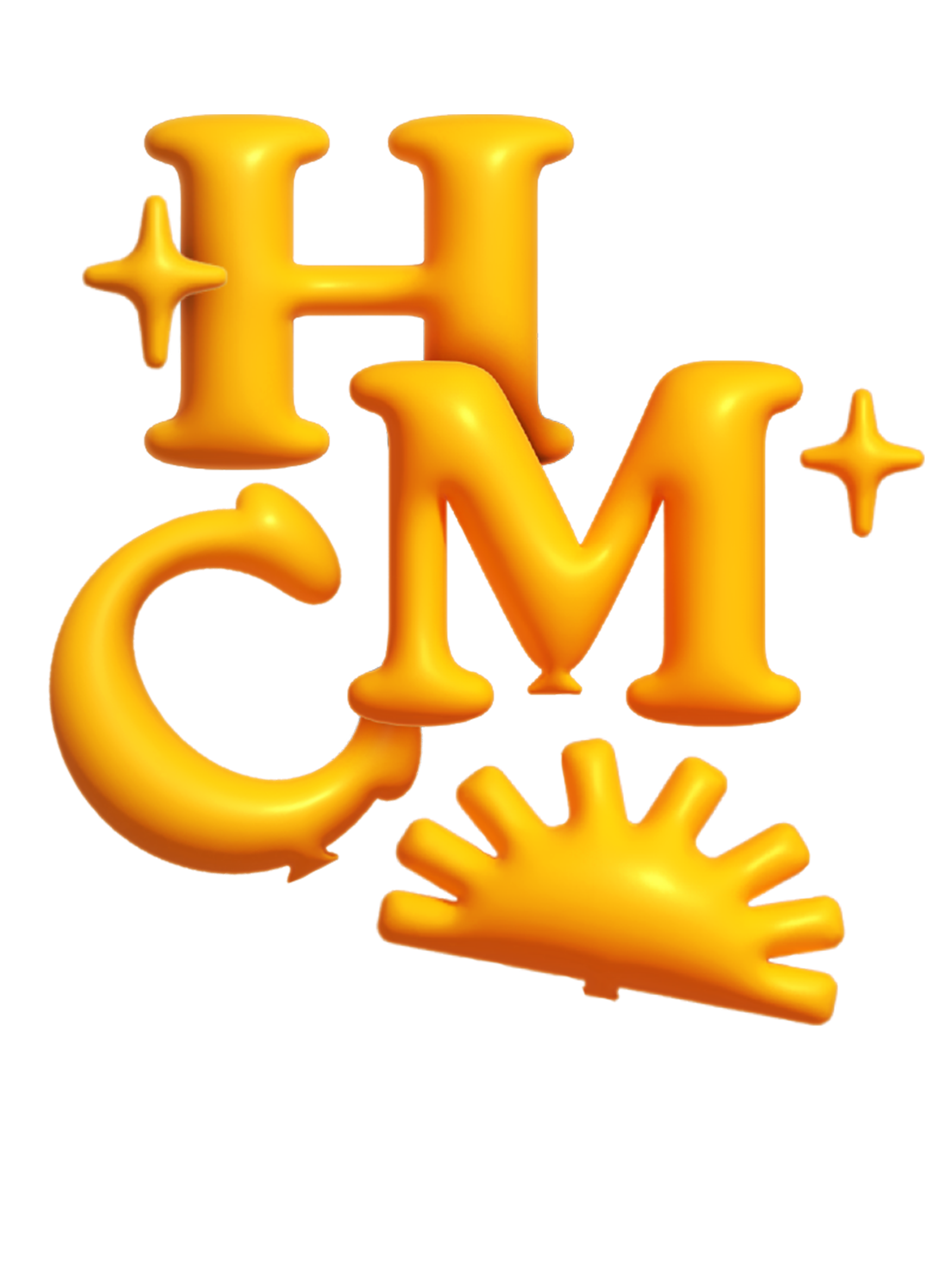Create
Quickly build beautiful emails & multi-channel campaigns with our easy-to-use design tools and templates.
Manager READMEs are written documentation of a person's particular leadership style, communication preferences, expectations, philosophies, quirks, values, and more. It's essentially a guidebook for their coworkers and direct reports, designed to help them quickly develop a great working relationship.


Manager, executive, or personal READMEs are the written documentation of a person’s particular leadership style, communication preferences, expectations, philosophies, quirks, values, and more. It’s essentially a guidebook for their coworkers and direct reports, designed to help them quickly develop a great working relationship.
The idea was originally popularized by engineering leaders and quickly spread to other departments, mostly within the tech industry, but it’s a fantastic exercise for any manager.
This example is the actual README developed by our VP of Marketing, Jamie Bell. She’s been using variations of this template for the last five years.

One reason to write a manager README is, honestly, just for yourself. It takes a lot of personal reflection and self-awareness to put together this document. Even if you wind up never publishing it widely, it’s worth it to just go through the exercise of acknowledging what type of a leader you are, combing through previous performance reviews and manager feedback cycles, and writing down your professional values.
It’s also a great excuse to bring up targeted questions in 1-on-1s and solicit opinions from your direct reports. Questions like “What do you think my pet peeves are?” or “When have you enjoyed working with me the most?” can really help you get a picture of what you’re like as a leader.
The real reason to do it, of course, is for your team and your coworkers. It’s about being honest and transparent, setting clear expectations, laying out a strong foundation of values, and fast-tracking a great working relationship. Your new hires don’t want to spend six months learning that you tend to get snippity when you’re hungry or that you can’t stand it when someone is texting during a meeting.
Although it may feel awkward to share, it’s a great document to share during the first 30 days of onboarding; you can ask your new team member where they share your values, and/or where they can see opportunity for conflict.
The other great benefit of a person README is that it keeps you accountable. Sometimes, you’ll want to include things that are aspirational or you’ll want to include a philosophy that you’re really working on embracing. Publishing that to a wider team is a great way to make sure you stick to your guns and lay the groundwork for asking for feedback on these things later.
The cons of a manager README are pretty widely published, but it really comes from the intent behind why you’re writing it. If you’re coming at it from an egotistical place of wanting the team and the company to conform to your communication and leadership style, it is likely going to fail.
To be honest, the exercise can feel very self-involved and navel-gazey. But self-awareness is a powerful leadership trait. And it’s completely okay to poke fun at yourself, reveal your quirks, and offer up personal background information that has absolutely nothing to do with work. It doesn’t have to be a document that’s built on self-importance and ego.
Also, these personal READMEs don’t have to be reserved for just managers or executives. It can be beneficial to have any new employee fill out one of their own.
It’s also a powerful tool in conflict resolution between two employees who are butting heads or not getting along; have each of them write one and come together to discuss it, and it’ll often become abundantly clear where their working styles, philosophies, or values don’t mesh.
Not seeing the resource you need? Request the resource you need below and we’ll make one! Seriously!

Start your week inspired and energized with our practical newsletter about positive company culture! It features actionable articles and little surprises, sent every Monday morning.

Join our waitlist to be the first to learn when it's available!
Get a live demo & your questions answered with one of our product experts.

We'll also make sure you leave with: